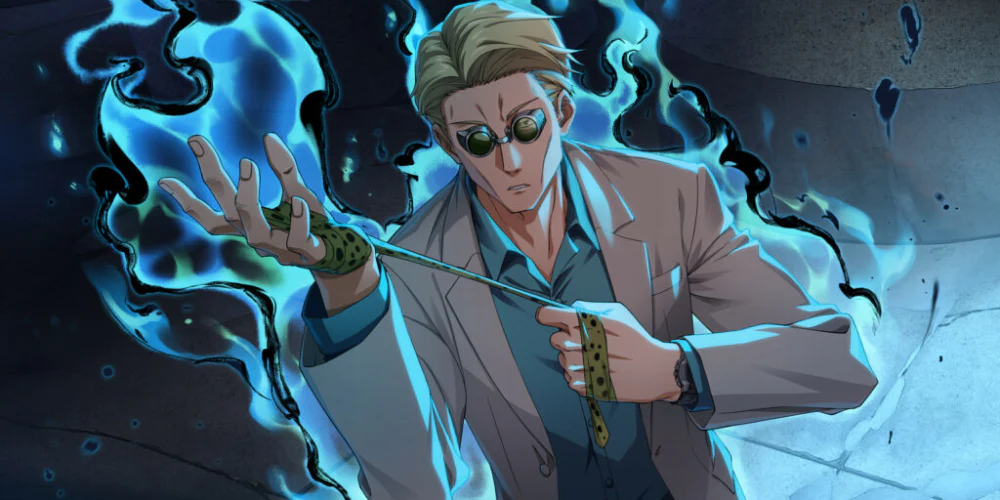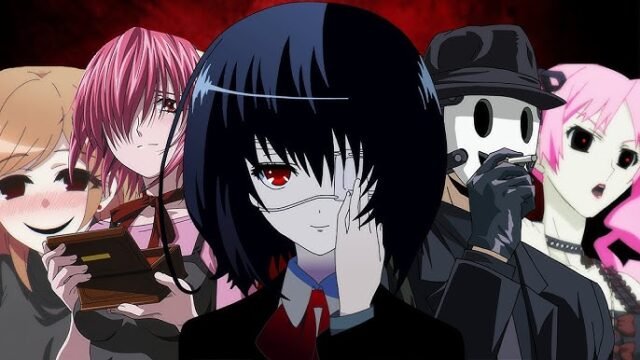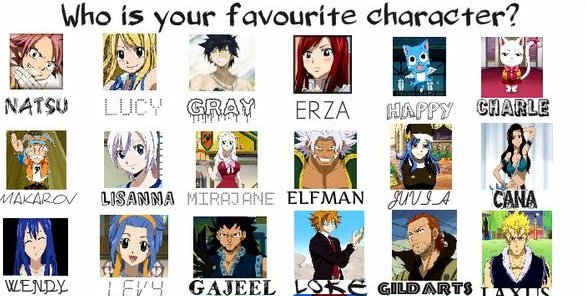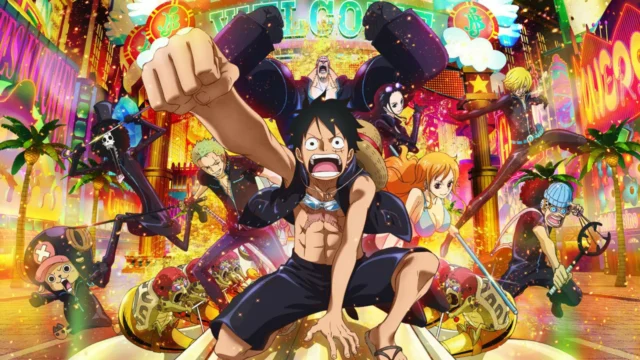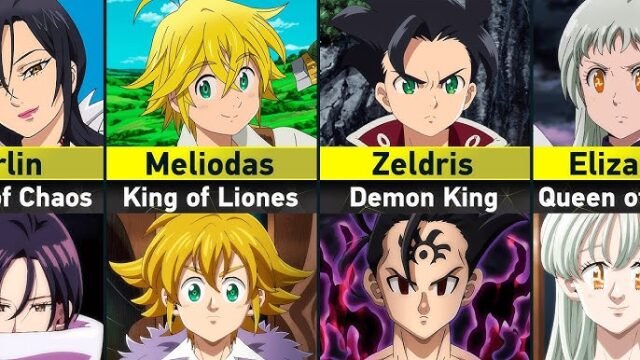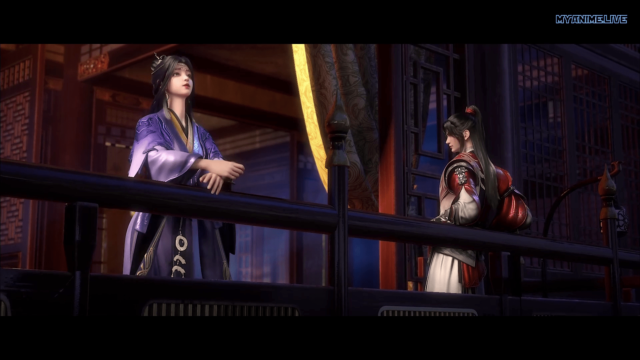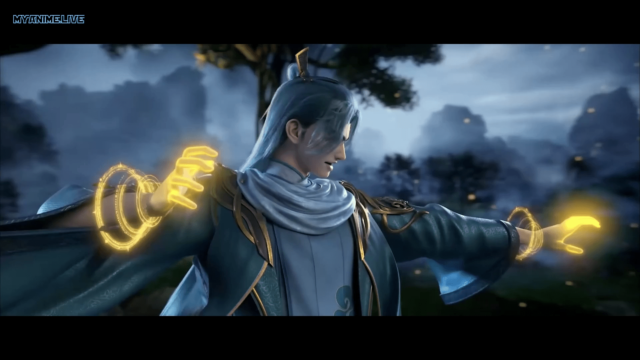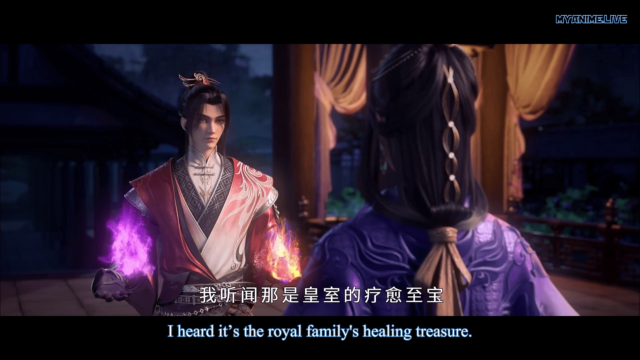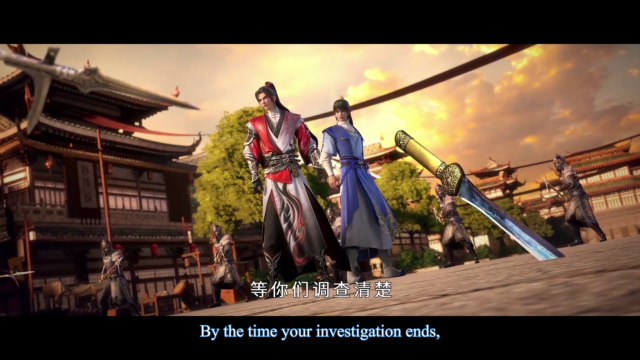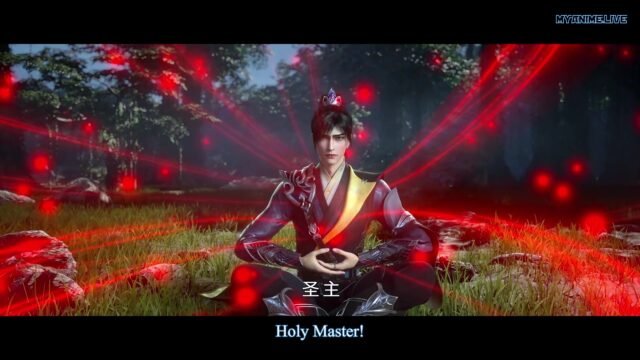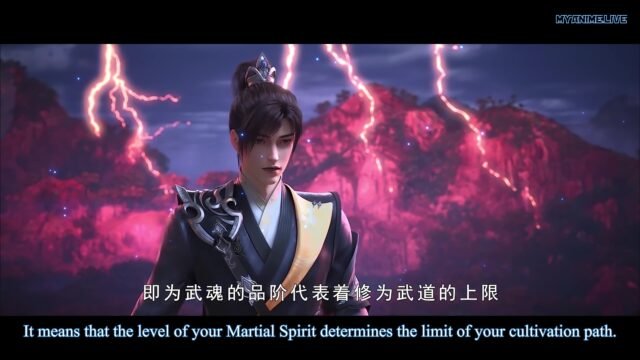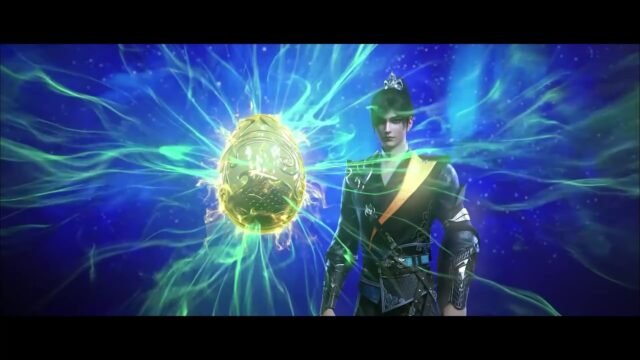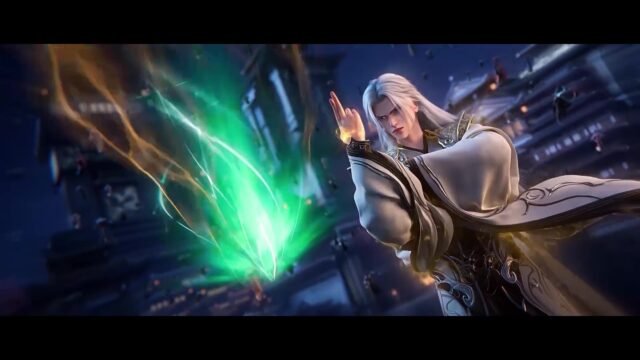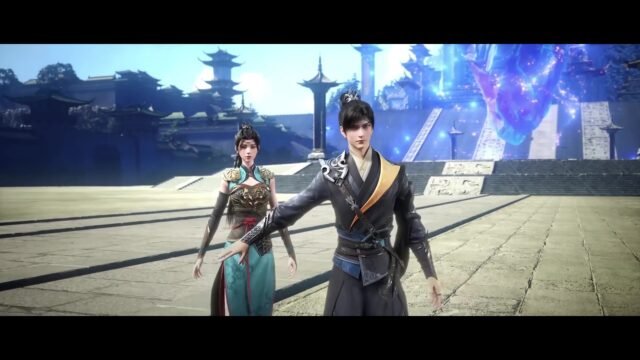In the chaotic, curse-ridden world of Jujutsu Kaisen, where godlike powers and flamboyant personalities dominate, one character stands apart not for his flashiness, but for his profound humanity: Kento Nanami. The ex-salaryman turned Grade 1 sorcerer isn’t just a fan favorite—he’s the emotional anchor of Gege Akutami’s dark saga. Let’s explore why this seemingly “gloomy” mentor resonates so deeply in a story about monsters and gods.
🧳 The Salaryman Sorcerer: A Relatable Anti-Hero
Nanami’s genius lies in his mundanity. Unlike Satoru Gojo’s supernatural charm or Sukuna’s terrifying grandeur, Nanami embodies the exhaustion of modern adulthood. After quitting sorcery for a corporate career, he returned because “being a jujutsu sorcerer is slightly less idiotic than being a salaryman” . His hatred of overtime, obsession with punctuality (“I’m clocking out by 6 PM”), and deadpan delivery make him hilariously relatable. In a genre filled with destiny-chosen teens, Nanami represents the adult reality: work is work, even when battling curses .
“It’s not about underestimating you. I am an adult, and you are a child. I have a duty to prioritize your life over my own.”
— Nanami to Yuji
⚔️ Precision Personified: The Art of Nanami’s Combat
Nanami’s fighting style mirrors his personality: efficient, analytical, and brutally pragmatic.
- Ratio Technique: By dividing targets into 10:7 or 3:7 ratios, he creates weak points invisible to others. A single strike at these coordinates slices through curses like a scalpel—even with a blunt sword wrapped in cloth .
- Binding Vows = Strategic Buffs: Revealing his technique (“Showing One’s Cards”) or working past 6 PM (“Overtime”) amplifies his power. Overtime unleashes Collapse—a shockwave shattering environments and souls alike .
- Tactical Genius: Against Mahito, he deduced Yuji could harm him and orchestrated tandem attacks. Against Dagon’s domain, he survived lethal shikigami swarms through sheer defensive mastery .
Despite lacking Gojo’s limitless power, his Grade 1 status was earned through uncompromising skill—proving precision trumps raw strength .
👔 The Mentor Who Hated Heroism
Nanami never wanted to be a hero. His return to jujutsu stemmed from a quiet moment: a bakery worker thanking him for exorcising a curse causing her shoulder pain. That small gratitude meant more than any corporate bonus .
His mentorship of Yuji defied shonen tropes:
- No Grand Speeches: Instead of motivational platitudes, he taught Yuji to “see the residuals” of cursed energy and prioritize survival over martyrdom.
- Protecting Youth: He shielded Yuji from adult burdens, insisting “being a child is not a sin” .
- The Ultimate Sacrifice: Even with half his body charred by Jogo, he fought transfigured humans until Mahito ended him. His final words? “You take it from here”—passing the torch to Yuji without regret .
💔 The Tragedy Beneath the Tie
Nanami’s depth emerges from his trauma. His best friend, Yu Haibara, died on a mission during their school days. Haibara’s optimism once balanced Nanami’s cynicism; his death shattered that equilibrium .
“I ran away after Haibara died. Calling it ‘quitting’ sounds too dignified.”
— Nanami’s confession
This loss haunted his every action. His insistence on protecting Yuji wasn’t just duty—it was atonement. In Shibuya’s final moments, he hallucinated retiring in Kuantan, Malaysia—a dream of peace he’d never experience .
🌊 Why Nanami’s Legacy Endures
- Relatability Over Power: Fans see themselves in his exhaustion, sarcasm, and hidden idealism .
- Kuudere Appeal: His stoic exterior (“kuudere”) contrasts with fierce loyalty. The fandom’s 14,000+ AO3 fics often explore his quiet humanity .
- The Female Gaze: Season 2 amplified his physicality—muscular frame, precise movements—catering to audiences craving mature, non-flashy masculinity .
- Moral Anchor: In a morally gray world, Nanami upheld principles. He despised jujutsu politics but believed in rules: “I hate higher-ups, but I believe in regulations” .
His death wasn’t just impactful—it redefined Yuji’s path. As one analysis notes: “Nanami proved that bonds forged, not inherited, are jujutsu’s strongest technique.”
❓ FAQ: Unpacking Nanami’s Impact
Q: How did Nanami die in JJK?
A: After surviving Dagon’s domain and Jogo’s flames in Shibuya, a half-incinerated Nanami encountered Mahito. Despite his injuries, he fought transfigured humans until Mahito used Idle Transfiguration on him. His body disintegrated after telling Yuji, “You take it from here” .
Q: Was Nanami stronger than Gojo?
A: No—but he didn’t need to be. As a Grade 1 sorcerer, his precision and tactics allowed him to contest special grades like Mahito. Gojo represented untouchable power; Nanami represented attainable excellence .
Q: Why did he wrap his sword?
A: The cloth dampened its cutting edge, forcing him to rely solely on his Ratio Technique. It symbolized his philosophy: true strength comes from skill, not tools .
Q: What was Nanami’s relationship with Gojo?
A: Colleagues with mutual respect but clashing styles. Nanami admitted he “didn’t respect” Gojo despite trusting him—a nod to Gojo’s chaotic methods .
Q: Could Reverse Cursed Technique have saved him?
A: Unlikely. His injuries (soul damage from Mahito + full-body burns) were beyond reversal. His death was narratively essential to fuel Yuji’s growth .
🌅 The Beach He Never Reached
Nanami’s tragedy mirrors real-world struggles: burnout, lost dreams, and finding meaning in small victories. His imagined retirement in Malaysia—a beachside escape from sorcery and spreadsheets—remains JJK’s most bittersweet “what if.”
In a series where gods walk among men, Kento Nanami was gloriously, devastatingly human. His legacy endures not in epic feats, but in quiet truths: that duty can be thankless, that adults protect children because they must, and that sometimes, the strongest technique is showing up.
“I’ll be sure to take on your share of suffering too, Nanamin.”
— Yuji Itadori, honoring his mentor’s resolve .

